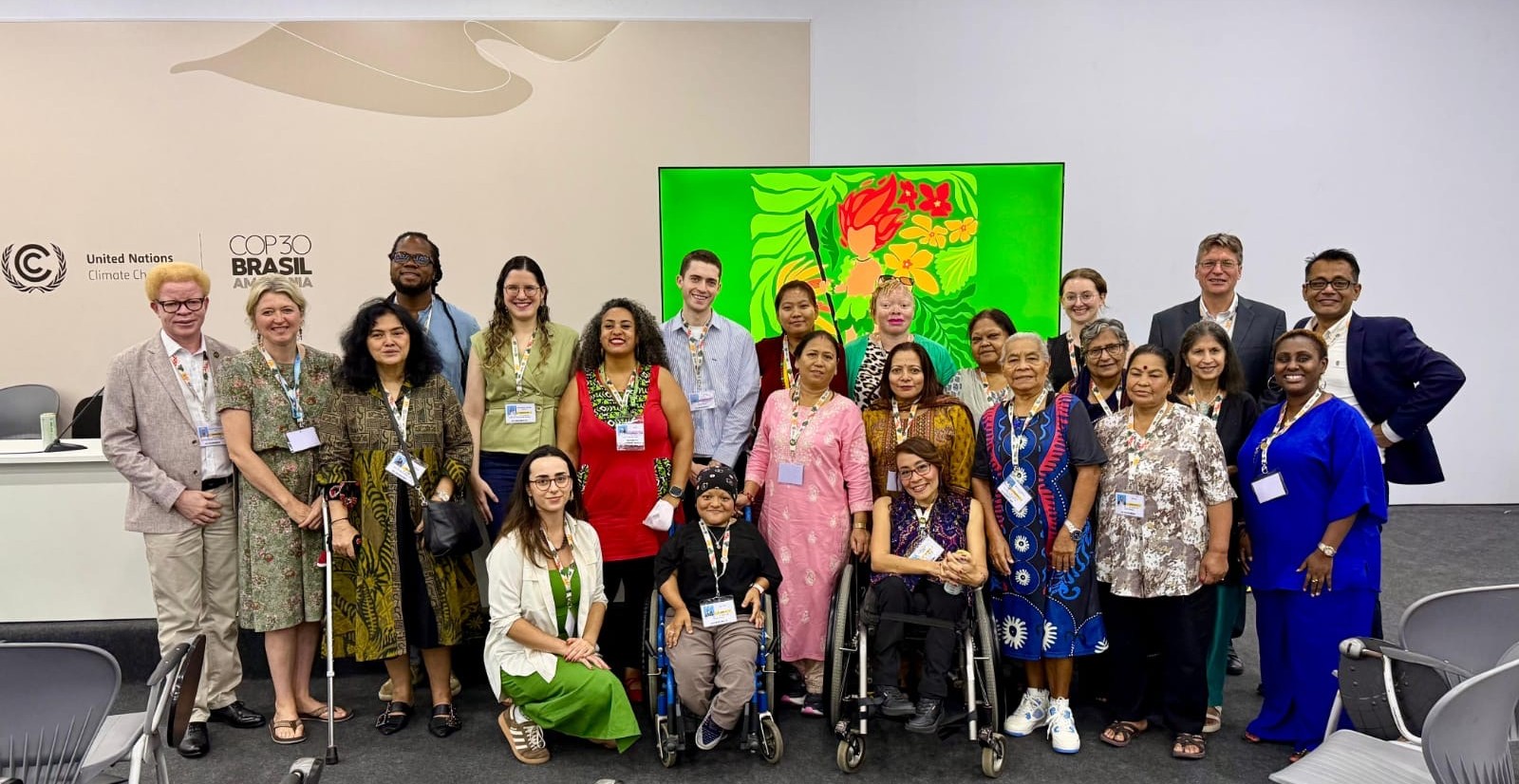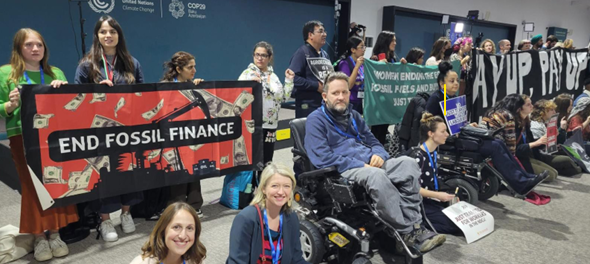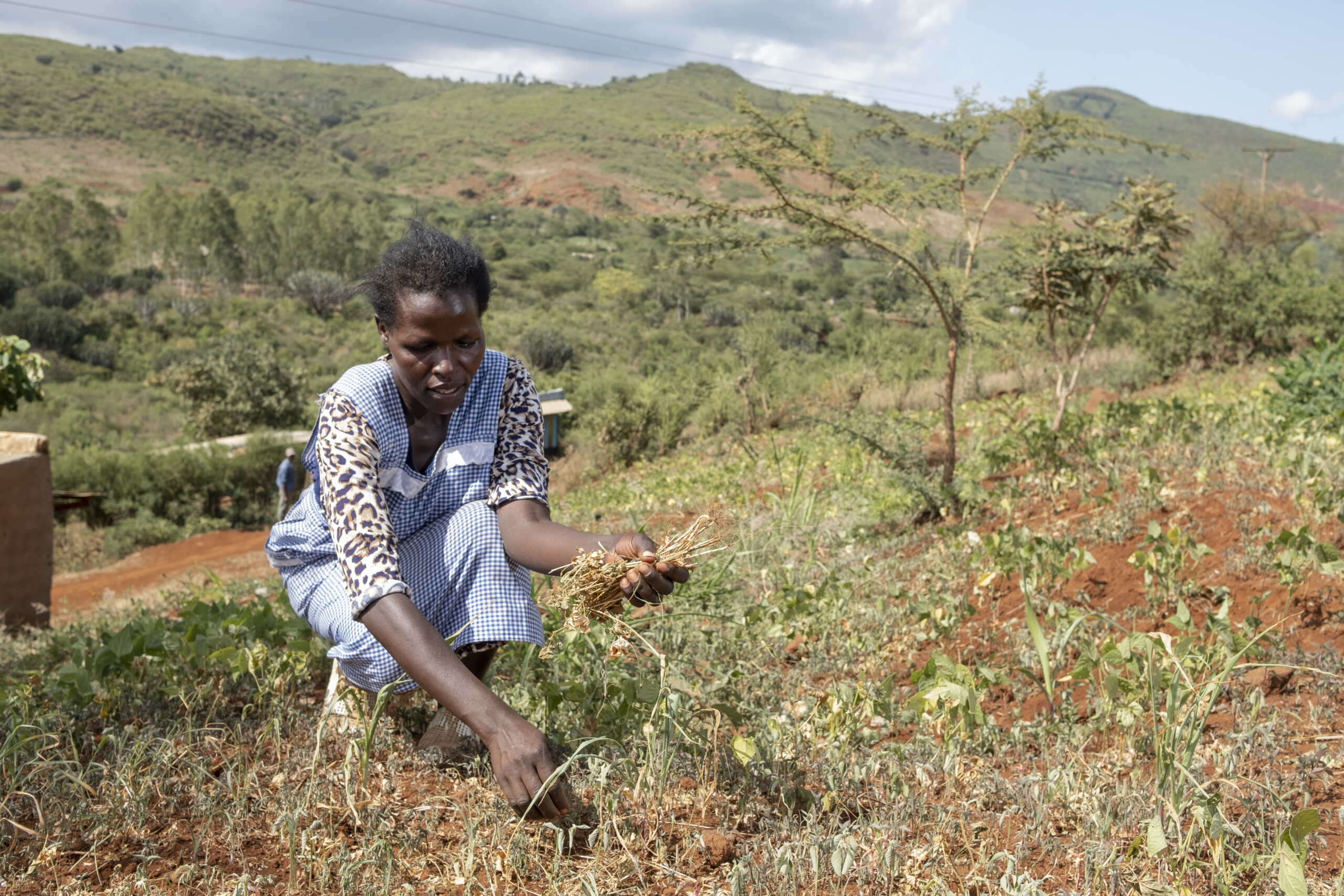Incorporating mental health as part of care for people with Neglected Tropical Diseases
News | January 9, 2022
On 7 October, the World Health Organisation launches its new guide: Mental health and Neglected Tropical Diseases: Towards a Person-centred Approach. CBM is proud to have supported this manual and to have been part of a partnership calling for better attention to be paid to mental wellbeing for people affected by Neglected Tropical Diseases.
CBM Global’s Director of Mental Health, Julian Eaton, has been instrumental in the development of the new publication. He says:
“We’re delighted to see this guide published to help encourage and equip the many organisations working to address the mental health needs of people living with these neglected conditions. CBM’s global mental health team have been delighted to work with WHO in bringing this project to fruition, and we look forward to contributing to its further development through our project piloting its implementation in Nigeria”.
Neglected Tropical Diseases (NTDs) affect some of the poorest people in the world, and cause substantial disability. It is because of this that CBM has worked in this area for many years, helping to not only treat people affected by these diseases (like trachoma that can cause blindness), but also to try to reduce the likelihood of people being infected in the first place. Exciting progress has been made, for example in eliminating river blindness (onchocerciasis) from many communities in Africa and elsewhere. These developments have been driven by important advances in medication and science, and by a renewed commitment by a global consortium with the ambitious aim of actually trying to eradicate some of these diseases that cause so much harm.
Along with partners around the world, CBM work to ensure that people affected by NTDs are able to access good care and support for the disabilities they have from conditions like elephantiasis, trachoma and onchocerciasis. Much of this support is in terms of good care for physical health, but there is increasing recognition that many people also have emotional consequences associated with the conditions, and being rejected by society.
Since ancient times, people affected by leprosy have been a potent symbol of how some health conditions can cause people to be rejected from their communities, adding to the suffering caused by health symptoms themselves. CBM helped to establish the mental health work among a consortium of organisations working in NTDs, called the NTD NGO Network (NNN). After 10 years of learning as we worked with our partners, we partnered with the World Health Organisation, Lepra and Brighton and Sussex Medical School, to develop a manual to guide integration of mental health care into projects that support people affected by NTDs. It’s exciting to see the guide being launched a few days before World Mental Health Day, and we are looking forward to seeing it put to good use!
Find out about the Mind Skin Link project in Nigeria, which is piloting implementation of the new guide.
Download the new guide from the WHO website: Mental health and neglected tropical diseases: towards a person-centred approach.
Image: Mulu at her home in Amhara Region, Ethiopia. She has had trachoma in her left eye for two years, and it is now ready to be operated as trichiasis.
https://cbm-global.org/news/incorporating-mental-health-as-part-of-care-for-people-with-neglected-tropical-diseases
Related News

Global Breakthrough–Persons with Disabilities Secure Official Recognition in Climate Negotiations
The United Nations Framework Convention on Climate Change (UNFCCC)...

One in Five Is Not Enough: The gains on Disability Inclusion have not gone far enough
One in Five Is Not Enough: The gains on...

COP30 Is a Turning Point for Disability-Inclusive Climate Action
As the world gathers in Belém, Brazil, from 10–21 November 2025 for COP30, the message from...
